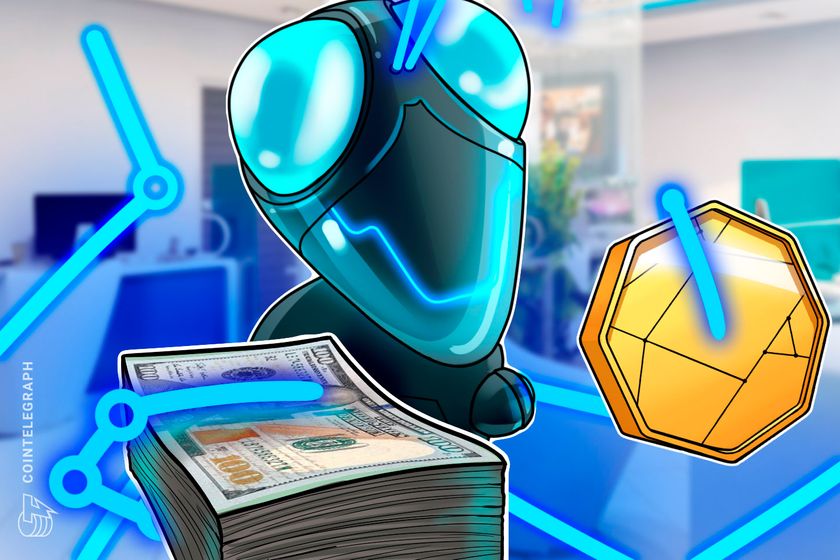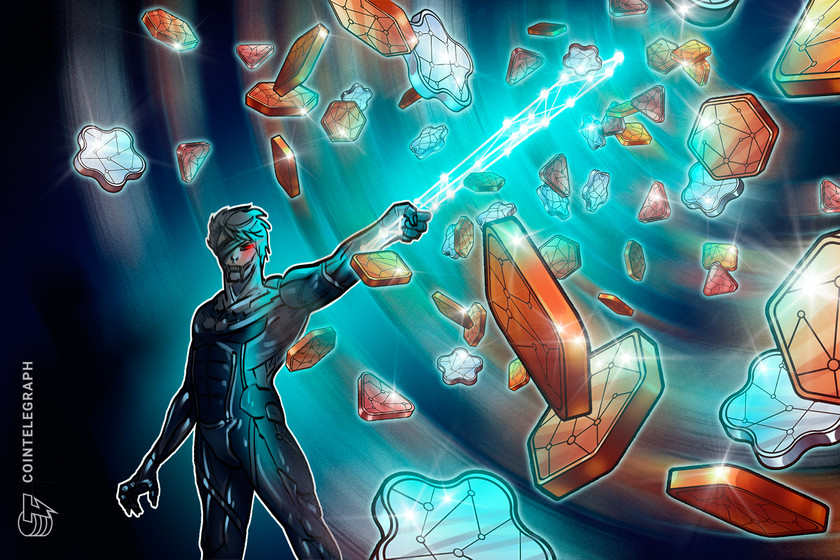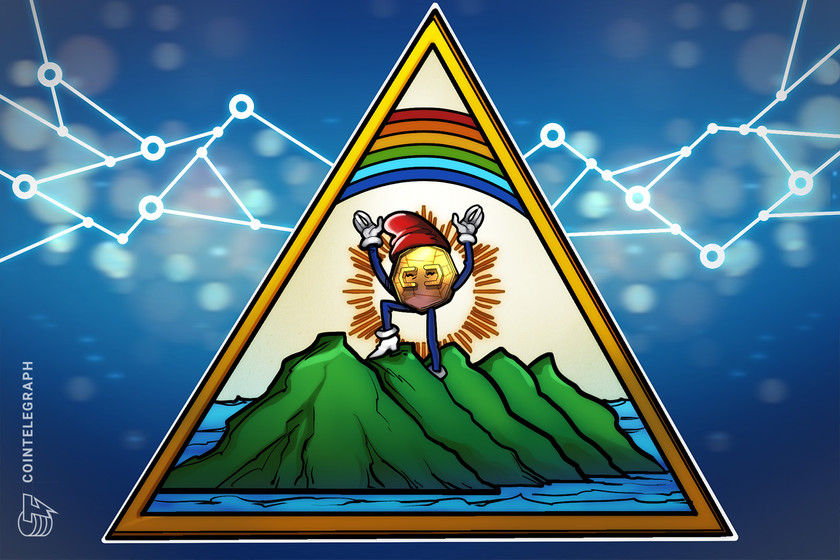Ethereum community adopts ERC-3643 as standard for compliant asset tokenization


The ERC-3643 Ethereum Improvement Proposal reached its final stage, emerging as a recognized standard for tokenizing real-world assets.
The Ethereum community has officially signed off on the ERC-3643 Ethereum Improvement Proposal (EIP), establishing it as a recognized standard for compliant tokenization of real-world assets (RWAs).
According to a Dec. 15 announcement, the proposal reached its final status, meaning it has been formally reviewed, discussed and agreed upon within the Ethereum community. It’s a similar process to the way ERC-20 and other popular standards were established in the past.
ERC-3643 is a standard for securities tokenization, RWAs, payment systems and loyalty programs. It verifies users’ eligibility for a token via a self-sovereign identity (SSI) framework, providing anonymous yet verifiable credentials, the association behind the proposal explained.

















